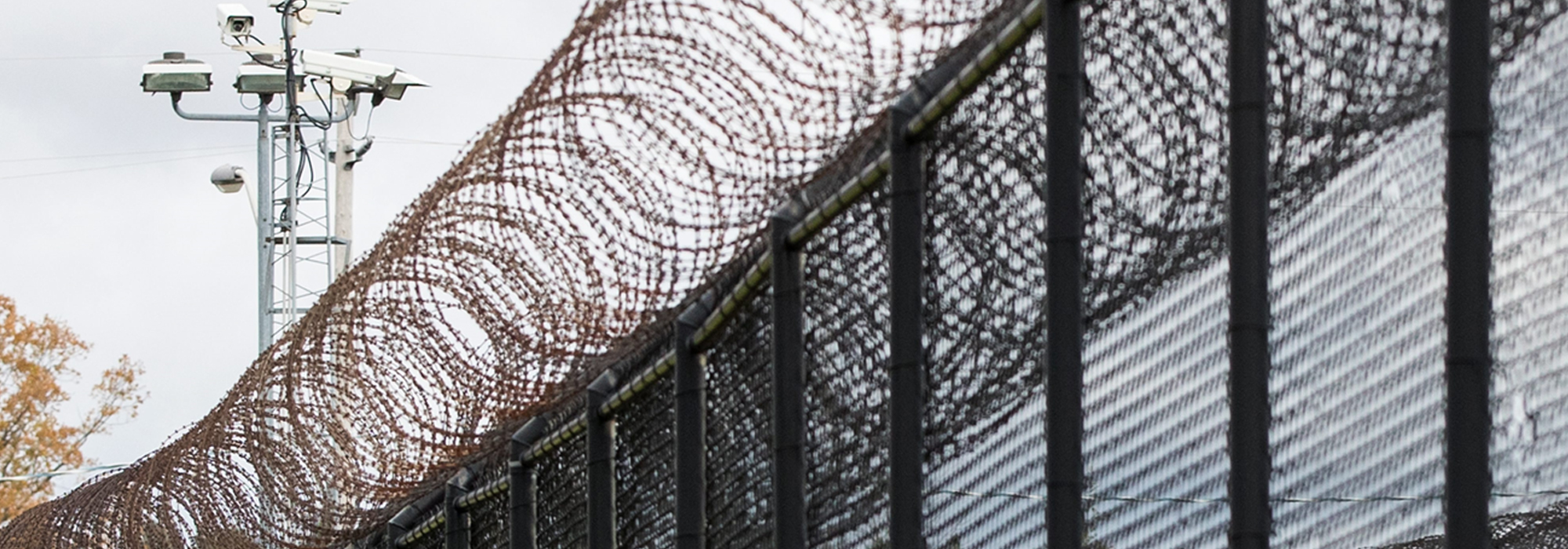
The Senate has just provided the federal government with the amendments it needs to ensure its solitary confinement legislation, Bill C-83, is constitutional. One vote by the House of Commons is all that is required to put in place a regime that seeks to uphold human and Charter rights. Yet, the government successfully applied to the Supreme Court last week for more time to review and implement the bill, as a June 18 deadline for action loomed. The application for an extension suggests the government is hoping to kill the amended version of the legislation.
Bill C-83 was proposed by the government in response to two court cases, in the BC Supreme Court and in the Ontario Court of Appeal. Those decisions recognized the current segregation regime as unconstitutional, in particular because it allows for indefinite or prolonged segregation. There is also no independent oversight mechanism to guard against abuse of segregated prisoners. Both prolonged and indefinite segregation are prohibited under the UN Nelson Mandela Rules on the treatment of prisoners, which describes them as torture.
The Ontario Court of Appeal, in upholding the BCSC decision, extended Parliament’s deadline to respond with new legislation to June 18. But instead of the government putting limits on segregation and enforcing judicial oversight as constitutional experts recommend, its Bill C-83 simply renames solitary confinement, calling it a structured intervention unit (SIU).
The government claims that these units don’t fall under the definition of solitary confinement because the amount of time prisoners would be alone in their cells is 20 hours versus 22 hours. While that falls within UN standards, the amount of time prisoners would have meaningful contact with other human beings – two hours per day – does not. The UN standards state that meaningful contact of two hours or less per day is also considered solitary confinement. The government simply cannot argue that its proposed regime is not segregation. Passing a bill that does not include a cap on segregation time and judicial oversight will lead to another unconstitutional challenge.
The Senate’s amendments to the bill would require that individuals not be placed in these units for more than 48 hours at a time, after which Correctional Service Canada would have to apply to a superior court for approval to continue. These amendments would put courts in charge of ensuring the use of the segregated units does not violate Charter rights and aligns with UN requirements.
The government replied by arguing that judicial oversight is not needed because prisoners can challenge their placement in segregation by way of habeas corpus (judicial review), and thus there is no need for further court oversight. However, judicial oversight of the decision to segregate is not the same thing as habeas corpus. Habeas corpus, as well as the other legal actions invoked by the government, are avenues that individuals can take, at their own expense, once their rights have been violated. These are reactive actions and the burden of proving the claim is on the individual.
The oversight required by the Mandela Rules and the Canadian courts refers to the fact that an independent decision-maker must review the decision to segregate at the time the decision is made, to avoid a breach of rights. This is a proactive measure, and the individual does not carry any financial burden, and does not have to prove a breach of rights or to file a claim.
The government’s suggestion that the available (reactive) legal actions adequately protect all prisoners is also factually wrong. Prisoners’ lack of substantive and procedural access to justice is well-documented by scholars and lawyers. Few prisoners have the knowledge or resources to challenge a correctional decision in court. Placing the burden on an individual in an already precarious legal and financial situation to claim fundamental rights in court means that, in most situations, the use of solitary confinement will not be reviewed by a court. Court oversight of decisions related to solitary confinement must be an automatic right enforced by the state, not an option that can only be pursued by those who have the knowledge and resources to do so.
The government had 18 months to pass a new law. It wasted most of this time fighting to implement a bill that numerous legal experts have said is unconstitutional. What will the time extension change, other than to give the government room to sidestep its constitutional obligations? What possible amendments aside from the ones proposed could be made that would also make the bill constitutional?
Refusal to pass the bill with amendments would be a sign of bad faith, disregard for taxpayers’ money and for the rule of law. It is disheartening to see such resistance to upholding human rights at home by a country that champions human rights abroad.
Photo: Surveillance camera at an exterior fence at Bath Institution in Bath, Ont., on Oct. 17, 2018. THE CANADIAN PRESS IMAGES/Lars Hagberg
Do you have something to say about the article you just read? Be part of the Policy Options discussion, and send in your own submission. Here is a link on how to do it. | Souhaitez-vous réagir à cet article ? Joignez-vous aux débats d’Options politiques et soumettez-nous votre texte en suivant ces directives.









